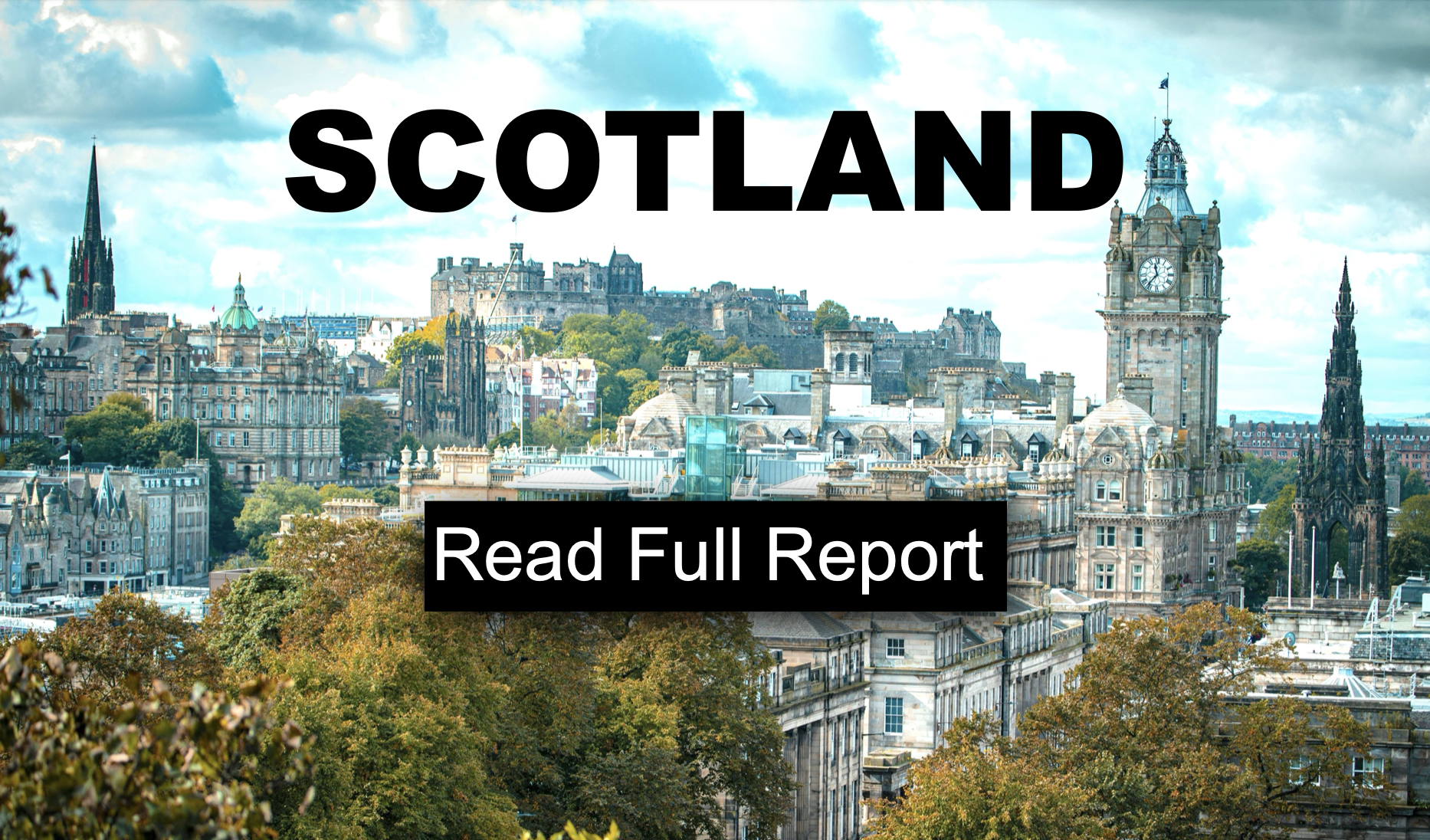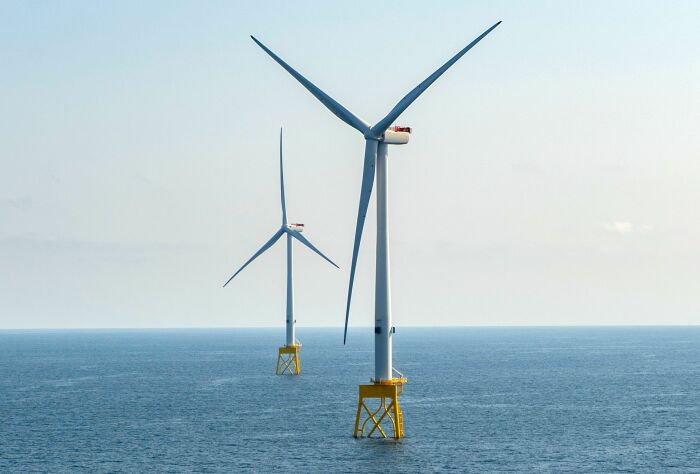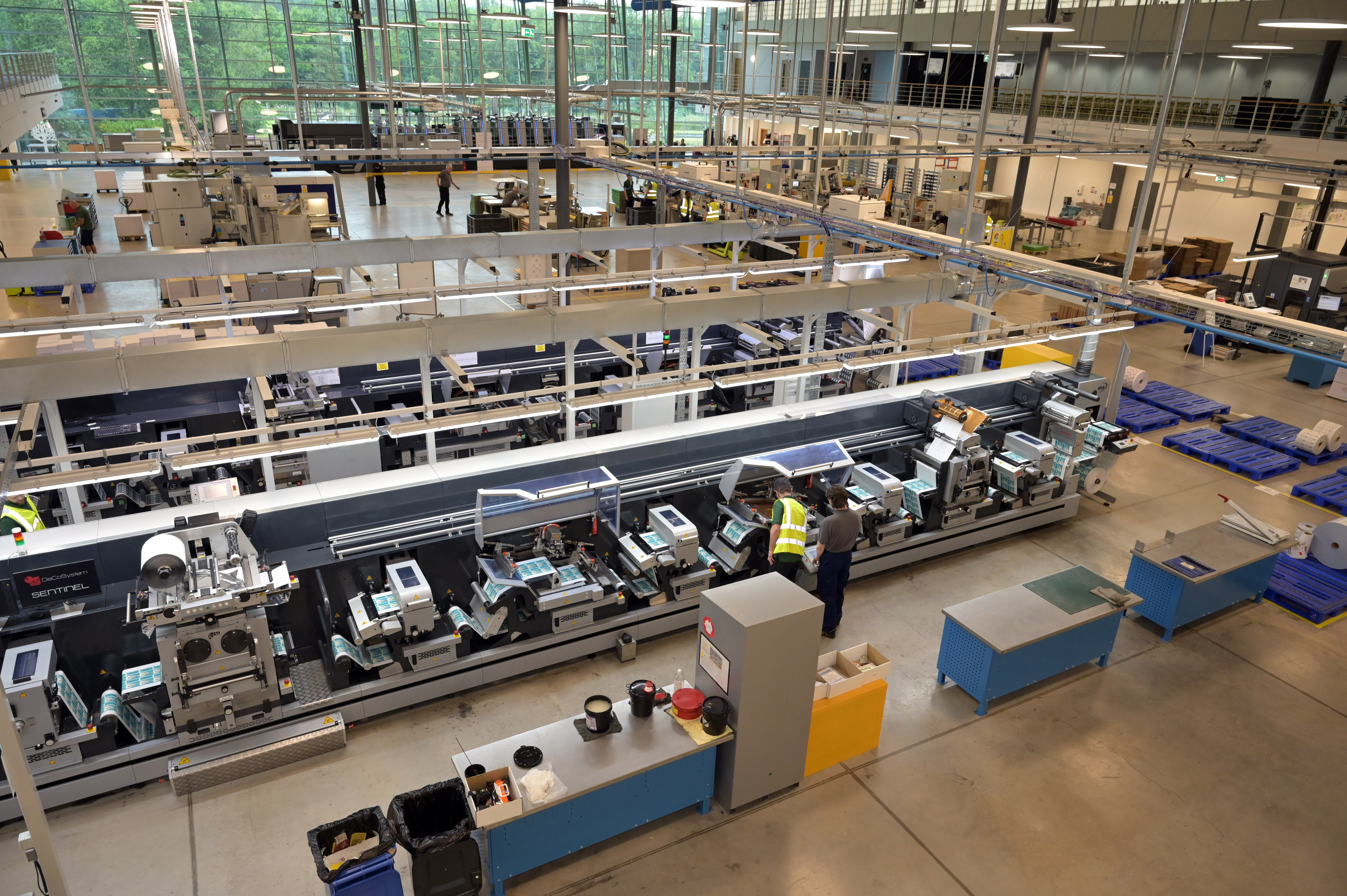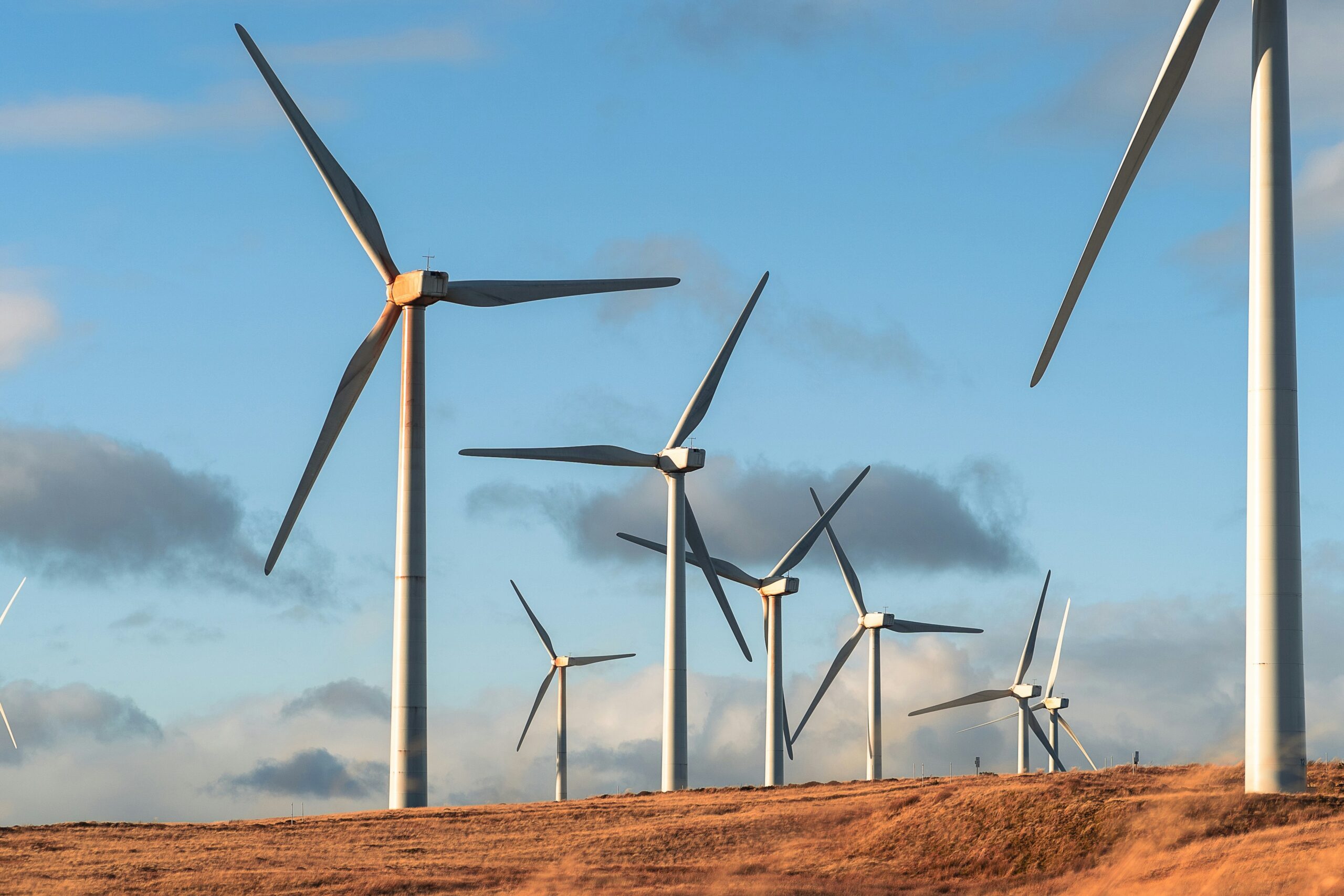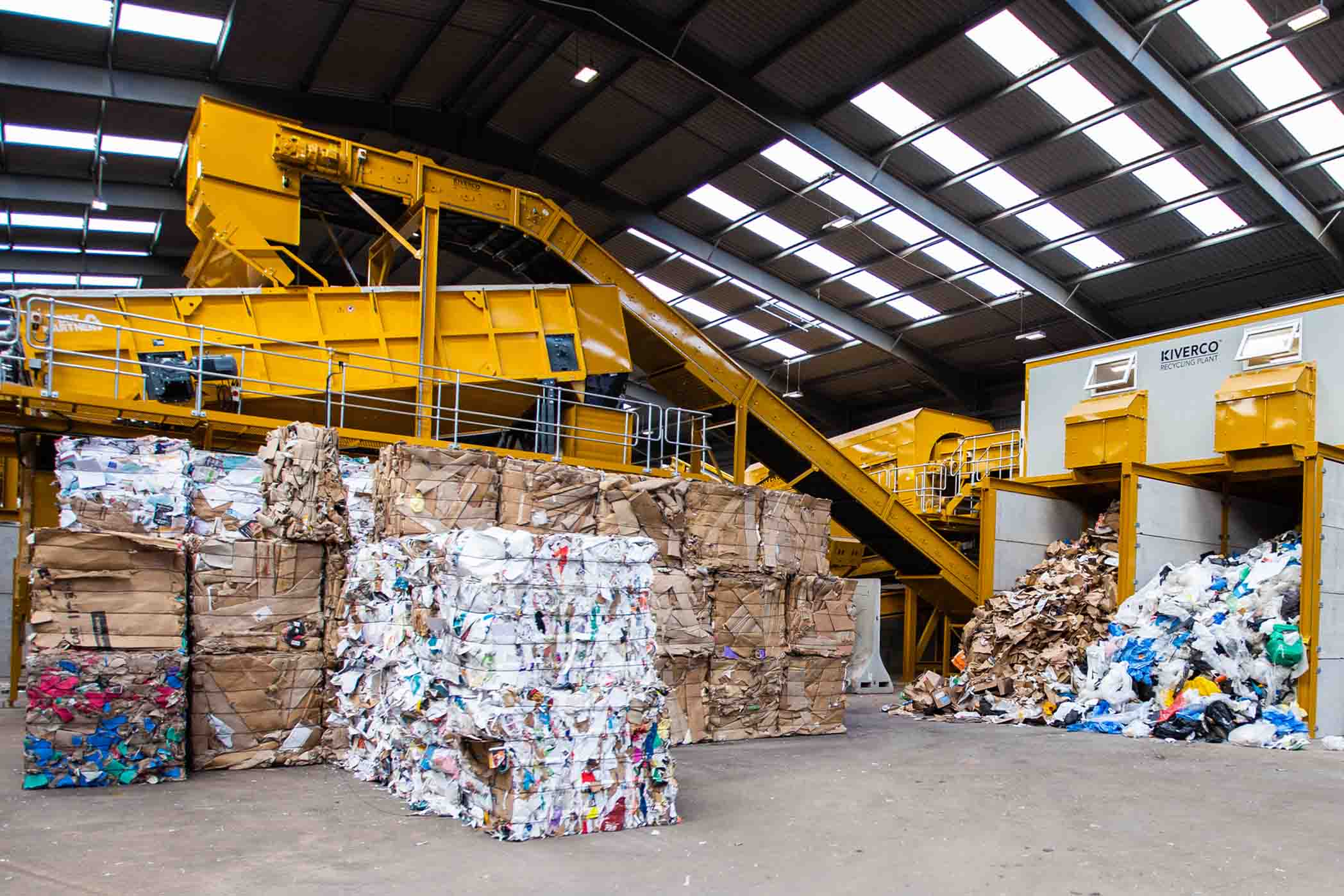Serbia is one of the most advanced countries in the process.
Serbia is a small and open economy in South Eastern Europe. The nation’s development is considerably below the European average, while by growth it is one of the fastest developing countries in Europe. Growth potential in Serbia is tremendous in every segment of the economy. To boost economic expansion the government is actively pursuing deep structural economic reforms.
Historically, Serbia’s growth was built on import and consumption. It was financed through privatization revenues and borrowings which used to cause significant macroeconomic imbalances: including a volatile inflation, high unemployment, and a fiscal account deficit.
An arrangement with the IMF completed in February 2018 has restored growth, kept inflation and exchange rate stable, and corrected fiscal imbalances. In 2017, Serbia boasted a fiscal account surplus as a result of tremendous efforts. Macroeconomic stabilization has been reached, and reforms seeking to boost competitiveness have had an impact.
Ease of Doing Business rankings have been transformed with the nation ranking 43rd in 2018 from 91st. Reforms are increasingly making the business environment more investor-friendly.
Serbia now has become the largest foreign direct investment location in South Eastern Europe. FDI posted growth of close to 30% alone in 2015, reached EUR 2 000 million in 2017 and figures in early 2018 foresee record-breaking levels of FDI by the end of the year. Increased investment has supported a double-digit rise in exports, brightening the forecasts for the Serbian economy.
Ambitions are high for the future.
Another highly anticipated ongoing investment is public infrastructure spending, which has been prioritized and is currently on the fast track. Between 3 to 4.5% of GDP is being spent on completing the full-scale highway from Hungary to Macedonia and Bulgaria (Corridor X), the highway from Belgrade to Adriatic coast in Montenegro (Corridor XI) and the high-speed railways from Belgrade to Budapest, by 2018. These projects reinforce Serbia’s central position and competitiveness in transport, logistics, and trade.
The EU has set tentative expansion dates, thereby setting plans in motion to absorb the six countries of the western Balkans. The combined population of the Western Balkans is about 18 million. Fewer than Romania’s 20 million. The region will pose very limited stress on EU institutions, and accession talks are helping the region quickly advance to EU levels. The region already received EU 1 070 million in “pre-accession” funds this year. This is in addition to EUR 9 000 million received over the past decade.
The EU strategy in February 2018 set a target date of 2025 for the accession of Serbia and Montenegro — the two most advanced countries in the process. Skeptics have often raised Serbia’s close ties to Russia, and increasing ties to China as red flags. However, as eloquently said by Serbia’s prime minister Ana Brnabic “Serbia should not be asked to choose between the West and Russia,” historical alliances should be cherished and can be assets in national and EU development. The public sector reform expert has made joining the EU the primary objective. The route to membership will be challenged by expansion fatigue, skepticism, and economic ties. Nonetheless, Serbia to date is continuously and consistently positioning itself to succeed in its economic, social and political transition to a liberal, market-oriented European democracy. The successful macroeconomic improvements and further progress with structural reform are securing sustainable growth and faster convergence.
Key developments:
In December, both Fitch and Standard & Poor’s upgraded Serbia’s long-term foreign and local currency sovereign credit rating to ‘BB’ from ‘BB-‘. Their decisions were largely driven by the significant improvements of Serbia’s fiscal performance, reduced external imbalances and preserved price stability.
France-based Vinci Airports was selected as the preferred bidder for a 25-year concession to run Belgrade’s airport. It offered EUR 501 million and pledged EUR 732 million in investments. Norwegian Telenor Group Holding Norwegian telecommunications holding Telenor sold its eastern European subsidiaries including its Serbian one to PPF Group, a Czech fund, for EUR 2 800 million.

